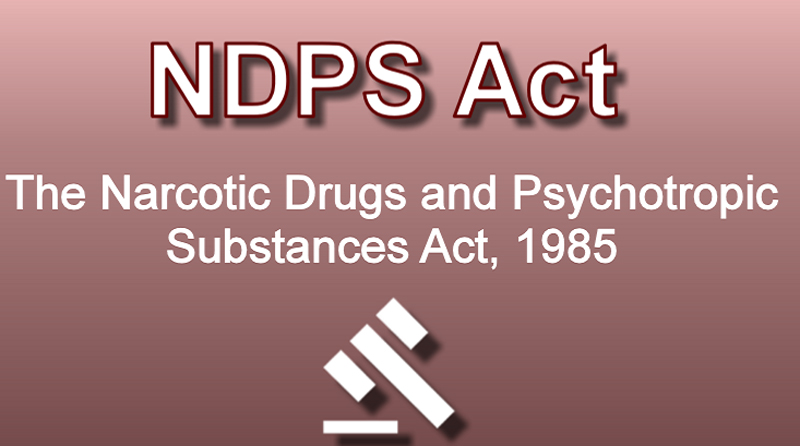A Division Bench of the Jammu & Kashmir and Ladakh High Court expressed dissatisfaction with the quality of the investigation conducted in a case related to the Narcotic Drugs and Psychotropic Substances Act (NDPSA). The court noted that the region has seen a significant increase in drug peddling, which has become a growing threat to the youth and stability of the country. The court also recognised that the money generated from this trade often finances subversive activities that are detrimental to the nation’s security. The court upheld the trial court’s judgement of acquittal and dismissed the appeal filed by the UT.
There are several reasons for the low conviction rate under the Narcotic Drugs and Psychotropic Substances Act (NDPSA). There is a lack of training and expertise among law enforcement agencies in handling NDPSA cases. The investigation and prosecution of these cases require specialised knowledge and resources, which are often lacking. Moreover, many loopholes in the NDPSA make it difficult to secure convictions, as the burden of proof lies on the prosecution to establish that the accused was in possession of the drugs and had the intention to sell or distribute them.
Drug abuse is a curse on society as it leads to a range of health problems, including addiction, respiratory problems, heart disease, and mental health disorders such as depression and anxiety, which have long-lasting consequences and can significantly impact the quality of life of drug users and their families. It has a significant economic impact on individuals and families, leading to financial hardship and poverty. Drug use can lead to conflict, alienation, and social isolation and can significantly strain family relationships. Ultimately, it leads to an increase in crime rates, including drug-related offences such as drug trafficking and possession. This can have a negative impact on public safety and strain law enforcement resources.
It is imperative to provide law enforcement agencies with adequate resources and training in the latest techniques and technologies to effectively address the current crisis in Jammu and Kashmir. The youth and social structure of the region are on the brink of collapse, and it is crucial to implement a comprehensive and effective strategy.
Merely arresting a few drug dealers and subsequently releasing them is not a solution. The police must apprehend the major drug kingpins operating in the region, as catching small-time drug runners carrying minimal quantities of drugs has yielded no significant results. The Jammu and Kashmir police have thus far failed to tackle narco-terrorism, which has persisted for decades.
It is high time for law enforcement agencies to take a proactive approach and work towards dismantling the drug networks that are causing immense harm to the youth and social fabric of the region. Present case is another eye opener, sixteen years of investigation and trials and still accused gets acquitted. Time for introspection and a new approach to this menace. By doing so only, the root causes of the crisis can be eradicated and ensure a safer and more prosperous future for the people of Jammu and Kashmir.


